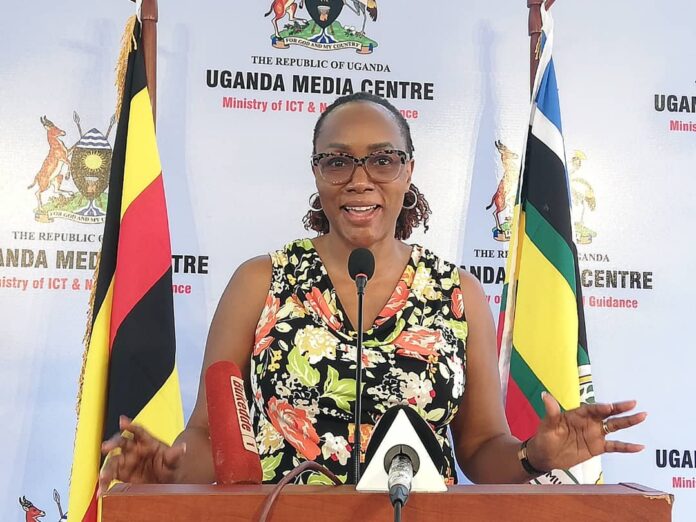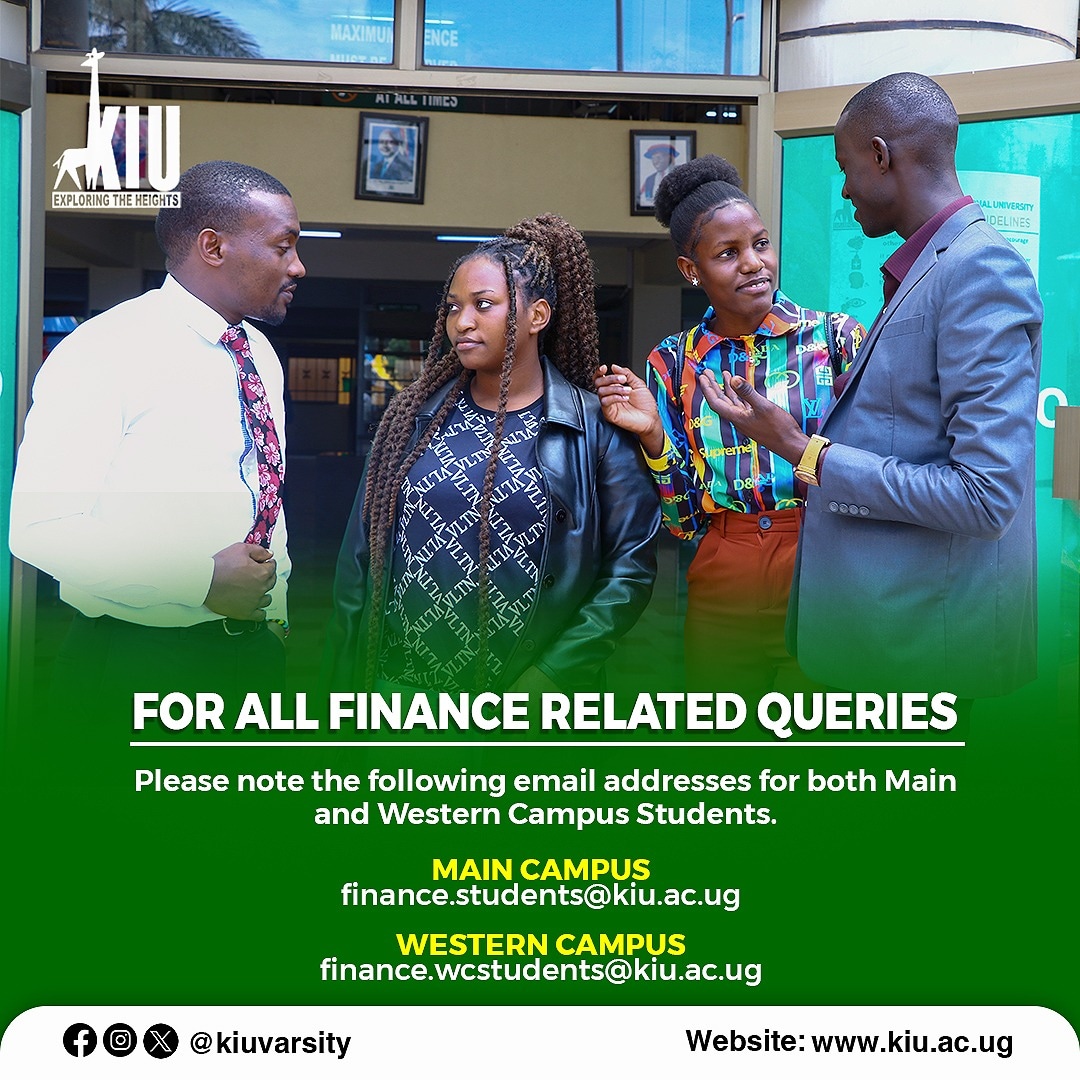Uganda is hosting the first-ever land learning week conference aimed at discussing and reflecting on the challenges and progress realized in the land sector.
The Minister of Lands, Housing, and Urban Development, Judith Nabakooba says the learning week will kick off from June 9–15, 2024, at Speke Resort Munyonyo in Kampala.
Organized under the government and the Civil Society Organizations (CSOS) partnerships in land governance, the conference is expected to attract attendance from 100 foreign delegates from over 40 different countries.
Minister Nabakooba said that the conference will provide a platform for exchanging knowledge and sharing experiences in the land sector.
“Uganda shall show how we have used partnerships to achieve land tenure security, and so, there shall be a series of field visits to Dokolo and Butaleja districts to share knowledge and experiences about government-CSO collaborations,” Nabakooba said.
She listed 13 areas that will be tackled during the conference, including handling forced evictions and remedies, best practices to conduct, and concluding land reforms.
Nabakooba further says the conference will deal with issues of land fraud and forgeries, enhancing revenue generation for the government from the land sector, and documenting women’s land rights and those of indigenous communities.
Nabakooba noted that through partnerships, 600 Communal Land Associations (CLAS) have been incorporated with support from different organizations.
She said that the organizations include Landnet in Agago and Nwoya, PELUM Uganda in Kaabong, Karamoja with Karamoja Development Forum, Moroto Catholic Diocese, and the European Union, among others.
Dr. Doreen Kobusingye, a representative from the National Land Coalition, says that they will be sharing successful stories that civil society has achieved.
Kobusingye said that they have reached a milestone in the Land Act proposed amendment, conflict resolution, and contribution to the National Land Policy 2013 assessment.
“We thank the government of Uganda for the good partnership that has yielded good results as far as ensuring land rights and access to land for all the vulnerable persons concerned,” she said.
“After the amendment of the Succession Act, now girls can inherit land for their parents.”she added.
Kobusingye further said that they want to see the government address the issues of refugees in Uganda and how they are coping with land rights in the refugee-hosting communities
Government has also issued 82,000 customary titles in collaboration with FAO in Kasese, ZOA in Terego and Nwoya, Makerere University in Adjumani, and Kisoro.
She said they want to see the government addressing issues of refugees in Uganda and how they are coping with land rights in the refugee-hosting communities.
Ms Frances Birungi Odong, the Executive Director of the Uganda Community-Based Association for Women and Children Welfare (UCOBAC), said much as the government has formulated laws that are gender progressive, several Ugandans are not able to exercise their land rights.
Caroline Sang Communications Coordinator for International Land Coalition Africa says they expect to create regional partnerships between government and civil society actors to address pending land issues.
The International Land Coalition Africa (ILC Africa) is the regional chapter of the International Land Coalition, a global alliance dedicated to advancing people-centered land governance. ILC Africa operates in 28 countries across Sub-Saharan Africa and focuses on promoting secure and equitable access to land and natural resources for individuals and communities living on and from the land.
ILC Africa’s strategic objectives encompass three main areas: advancing people-centered land governance through national land coalitions, producing and utilizing people’s data to hold governments and corporations accountable, and promoting regional and global advocacy to build political commitment to people-centered land governance.



